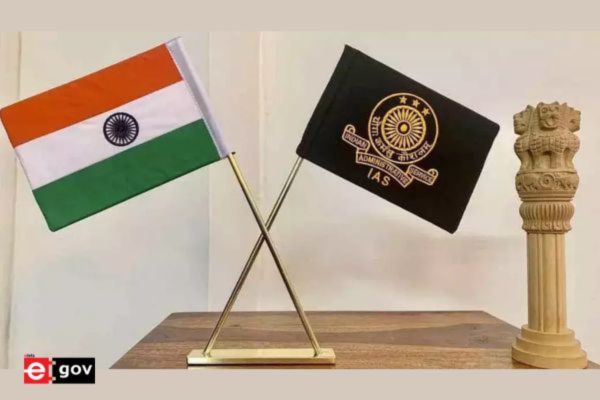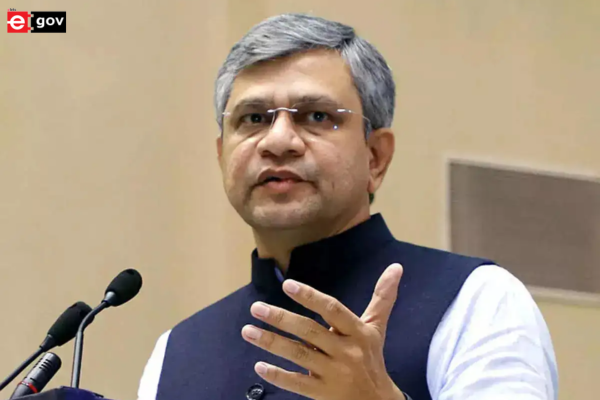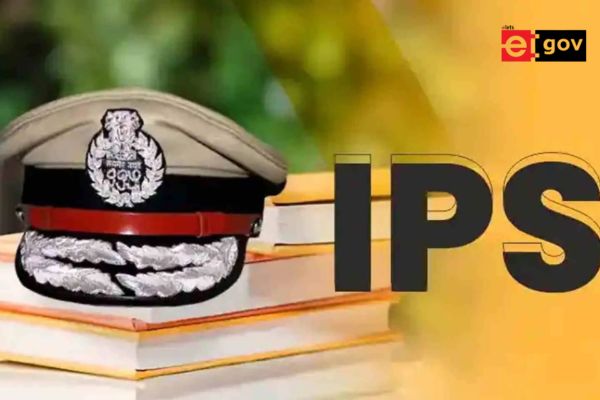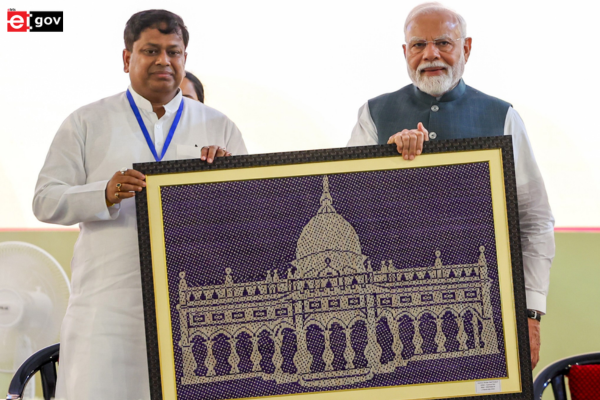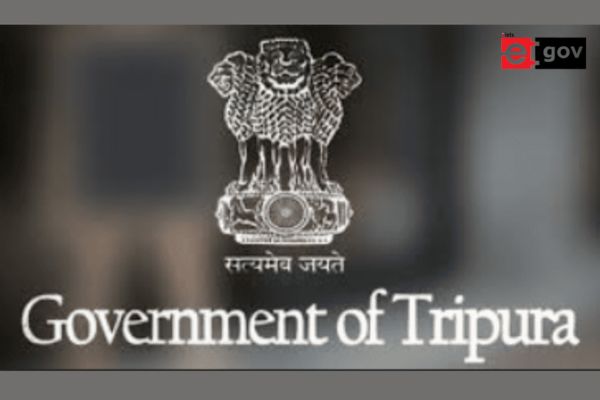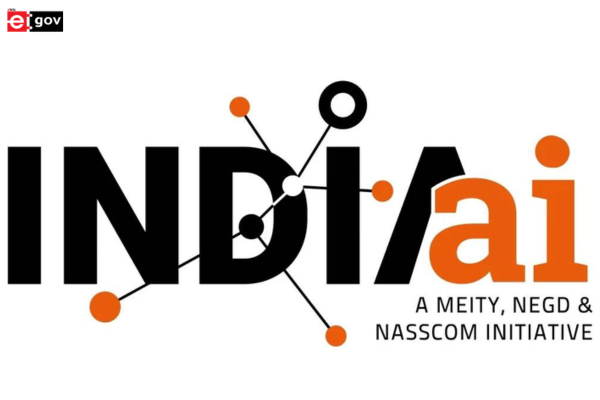
In a significant move, the Lok Sabha approved the Telecommunications Bill 2023 on Wednesday, empowering the government to assume temporary control over telecom services in the interest of national security. The legislation, which also introduces a non-auction method for allocating satellite spectrum, was passed through a voice vote following a brief but intense debate. The bill allows the government to seize a telecom network during public emergencies or in the interest of public safety, with most opposition members absent due to suspension.
Communications Minister Ashwini Vaishnaw, the driving force behind the bill, highlighted its key features, including the authority to halt transmission and intercept messages in times of public emergency to prevent the incitement of offenses. Vaishnaw emphasized that the bill aims to instigate structural reforms in the telecom sector.

The legislation outlines that, in the occurrence of a public emergency or in the interest of public safety, the central or state government can temporarily take possession of telecommunication services or networks. However, it ensures the protection of press messages from accredited correspondents unless their transmission is prohibited under applicable rules for public emergencies or public order.

Additionally, the bill proposes the allocation of spectrum to satellite communication companies through an administrative process, a move contested by domestic telecom players Jio and Vodafone Idea, who advocate for an auction route for commercial spectrum use.

The bill sets forth that spectrum assignment for telecommunication will generally be through auction, with exceptions listed in the First Schedule, which includes global mobile personal communication by satellites, national and international long-distance services, mobile satellite services, VSAT, In-Flight and maritime connectivity, BSNL, and MTNL.

Once approved by Parliament, the bill mandates companies to obtain authorization instead of licenses to provide telecom services. Notably, the government has proposed reducing penalties on telecom operators, capping them at Rs 5 crore, compared to the previous Rs 50 crore per circle.
The legislation also incorporates protective measures for telecom infrastructure, provisions for smooth network roll-out, and exempts telecom networks installed on properties from related claims or encumbrances. It introduces the termination of spectrum assignment if deemed unutilized without sufficient reason. Furthermore, the bill mandates companies to issue SIMs only after capturing verifiable biometric data to prevent resource misuse. For those obtaining SIMs through fraud, cheating, or personation, the bill proposes a jail term of up to three years or a fine of up to Rs 50 lakh.
The government intends to assign sector regulator Telecom Regulatory Authority of India the responsibility to respond to queries within 30 days. Vaishnaw highlighted that the bill would repeal two laws, including the 138-year-old Indian Telegraph Act, 1885. Despite the absence of opposition participation in the debate, he asserted that the bill signifies the most significant reforms in the sector, streamlining authorizations and providing a four-tier dispute resolution mechanism to reduce litigation. Additionally, the bill aims to strengthen the legal framework for addressing cybersecurity issues and encourages innovation through the introduction of a regulatory sandbox.
Be a part of Elets Collaborative Initiatives. Join Us for Upcoming Events and explore business opportunities. Like us on Facebook , connect with us on LinkedIn and follow us on Twitter, Instagram.
"Exciting news! Elets technomedia is now on WhatsApp Channels Subscribe today by clicking the link and stay updated with the latest insights!" Click here!




